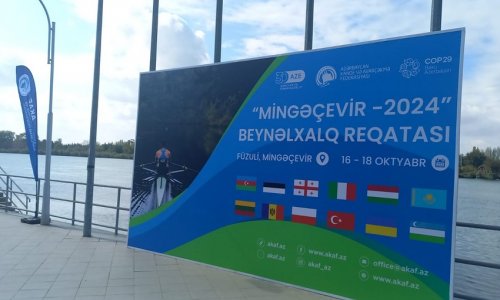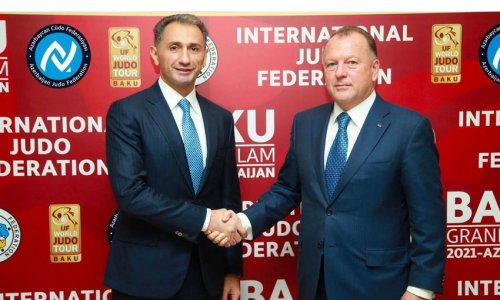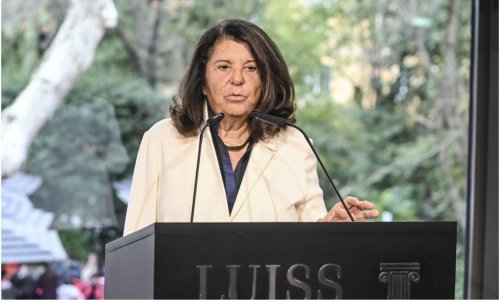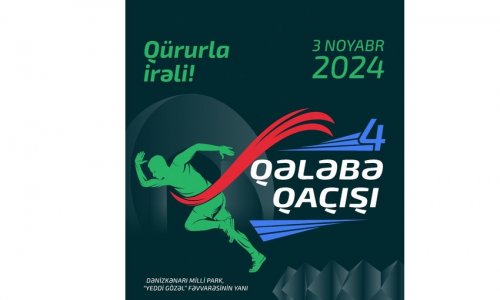At a previous, goalless game in Baku on August 1 between these same two teams, Chikhura’s fans rolled out a large map of Georgia with bits of Azerbaijani land depicted as Georgian territories. The map and the catcalls provoked a mass brawl between Georgian and Azerbaijani fans.Worse things have happened on soccer fields, but in this region, where all countries believe that their neighbors owe them a piece of land and ethnic conflict is often just a brawl away, the authorities hurried to prevent a possible escalation. Georgian Prime Minister Irakli Gharibashvili denounced the violence as a “provocation,” while President Giorgi Margvelashvili and Azerbaijani President Ilham Aliyev pledged by phone that such unpleasantness will not derail the two countries’ friendship.Earlier, on July 24, another incident occurred in Tbilisi when Chikhura played another qualifying match for UEFA’s Europe League against Turkey’s Buraspor. Purportedly the same group of fans made a Nazi salute and sported Nazi symbols during the match, while one Chikhura player made a crude gesture at Turkish fans. At a post-game press conference, Georgian and Turkish sports journalists came to blows.“Who are these people?” asked some Georgians in the fierce online debates that followed . Some found it hard to believe that a small group of provincial fans was acting on its own.But overall, the reactions lay bare a longstanding rift in Georgia society between those who welcome multiculturalism and those who, irked by individual Muslim countries’ growing presence in Georgia, take refuge in a resentful nationalism.In predominantly Christian Georgia, which arguably takes its faith more seriously than any of its neighbors, there has been a strong backlash of late against attempts to build or rebuild mosques. Many also feel crowded out by growing arrivals from Turkey, Iran and Iraq. Some locals look askance at spiky-haired Middle Eastern men, chador-wrapped women, shwarma stops and the bawdy nightclubs that are a growing presence in some neighborhoods of the capital, Tbilisi, and the Black-Sea resort town of Batumi, on the Turkish border. The widening sense of insecurity and religious nationalism has led to a push for curbing migration and investment from these countries.Although aware of the potential risks, the Georgian government may only be able to react rather than act. During the game in Baku, the Azerbaijani police fell back on their usual tactics of beatings and arrests, and the erasure of all footage of the incident from cameras. The Georgian police sat down for a talk with the Chikhura fans and secured a promise to behave.But the same fans appeared again at the August-7 game in Tbilisi , and with another map. The police snatched away the map before it was put on display, and reportedly prevented other minor incidents.Unfortunately, for Georgian soccer fans, but perhaps fortunately for regional peace, Chikhura lost to Neftchi on August 7, and left the tournament. (eurasianet.org)Bakudaily.Az
Azerbaijan and Georgia’s Soccer Wars - EURASIANET
Sport
13:00 | 12.08.2014
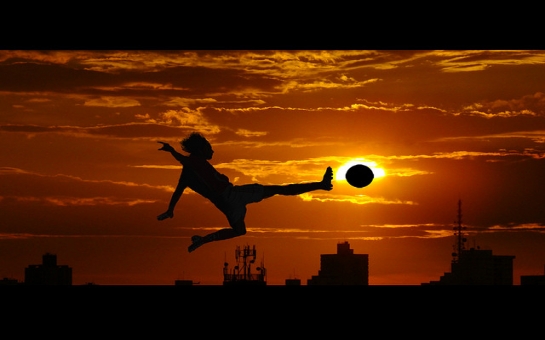
Azerbaijan and Georgia’s Soccer Wars - EURASIANET
With police cordons and security everywhere, Tbilisi’s Locomotive Stadium looked like the venue of an international summit on the night of August 7. In fact, it was a soccer game of modest significance between Azerbaijan’s Neftchi and Georgia’s Chikhura, a team from the small provincial town of Sachkhere that recently rose to prominence thanks as much to its wins as to its rowdy fans’ hostility toward Georgia’s Muslim neighbors.
Follow us !

